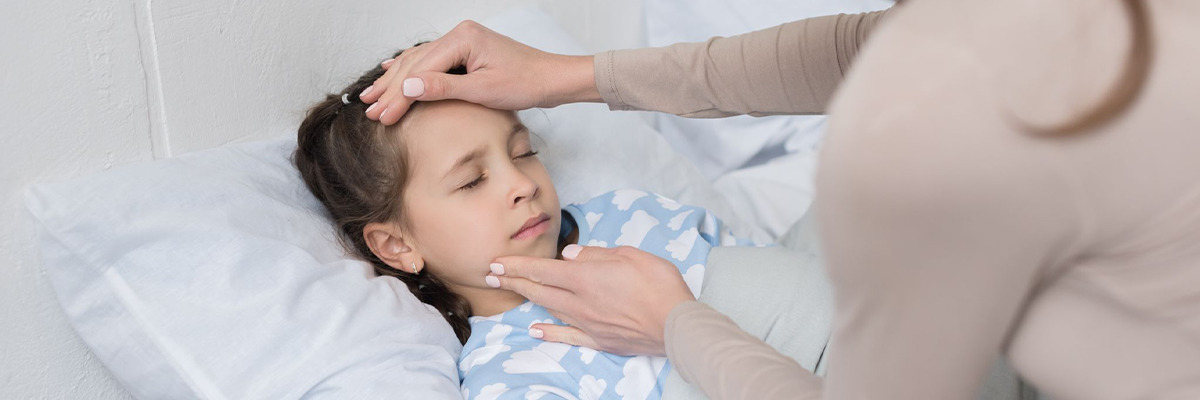
Article at a glance:
The novel Coronavirus Disease 2019, or COVID-19, is the highly contagious virus at the center of the 2020 global pandemic. Understanding the symptoms of COVID-19 will help you determine when to get tested and what precautions need to be taken in order to avoid infecting anyone else.
Covid-19 symptoms can range from mild to severe and can be similar to other illnesses. The two symptoms that are most strongly associated with the virus are the loss of taste and the loss of smell. Other symptoms can include fever or chills, cough, shortness of breath or difficulty breathing, fatigue, muscle or body aches, headache, sore throat, congestion, or runny nose.
Less commonly, symptoms like nausea or vomiting ,diarrhea, chest pain or pressure, confusion, inability to wake up or to stay awake, or a bluish tint to the lips or face have been documented.
If you suspect you or a family member has COVID-19, isolate the sick person immediately from anyone that lives in your household. A person does not need to be showing multiple symptoms for them to have the virus. Especially for younger children and teens, there is a greater likelihood that they will only show mild symptoms or show only one symptom. If anyone is feeling less than 100%, they should act as though they have COVID, especially when it comes to holiday gatherings. It’s better to proceed as though you or your child has contracted the virus until you know differently.
A person does not need to be showing multiple symptoms for them to have the virus. Especially for younger children and teens, there is a greater likelihood that they will only show mild symptoms or show only one symptom.
Contact your primary care physician and follow their instructions. Do not go to a hospital without first speaking with a healthcare provider. Most people who contract Coronavirus can recover at home. Going directly to a hospital could unnecessarily expose people with weakened abilities to fight the virus, as well as exposing frontline health workers. If you or your child needs to go to the hospital, your physician will instruct you on the safest way to do that and receive timely care.
Monitor your symptoms. Keep a list of what you or your child is experiencing and how severe the symptoms are. If any of your symptoms worsen, you may need to seek emergency care. It’s a good idea to talk with your doctor about the best way to get emergency care long before you need it. These are not all of the potential symptoms of COVID-19. Make sure you communicate with your physician about any symptoms you or your child is experiencing.
Learn more about Coronavirus in our Covid-19 Series: